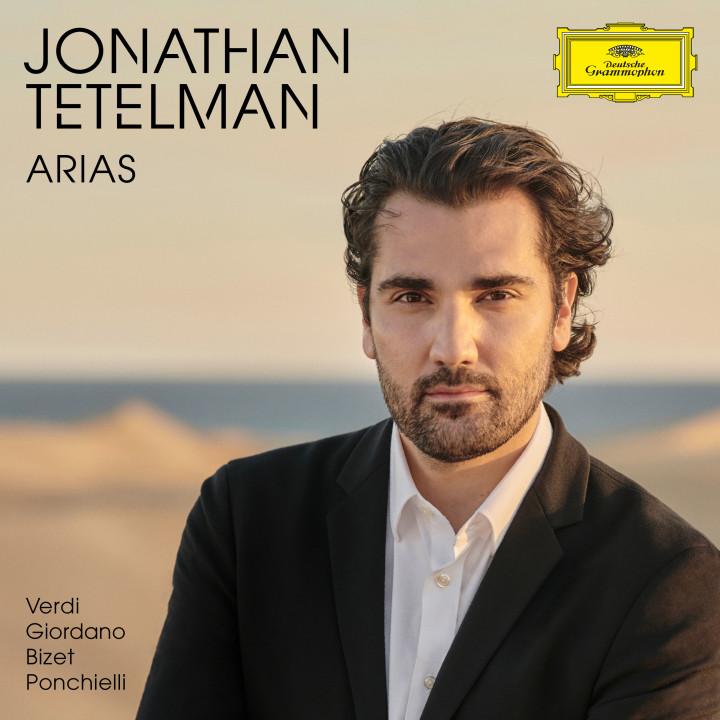
Expectations will be high when tenor Jonathan Tetelman takes to the War Memorial Opera House stage on Nov. 11 to debut as Alfredo in Verdi’s La traviata. Judging from his newly released Deutsche Grammophon recording, Arias, Tetelman has already joined the ranks of the finest lyric tenors of the present and past. If his voice is large enough — it’s difficult to tell from a recording — expect to be bowled over.

The album title may be bland, but there’s nothing plain about Tetelman’s voice. It’s fresh, smooth, and blessed with thrilling squillo (ring) at the top. Nowhere does Tetelman resort to singing from the back of his throat; instead, every sound is forward, full-bodied, vibrant, and filled with passion. His gifts even include a thrilling high C that, at the end of “Di quella pira” from Verdi’s Il trovatore, lasts an entire 12 seconds.
This debut recital album is a calling card of great tenor hits. Beginning with “Cielo e mar!” from Amilcare Ponchielli’s La Gioconda, it proceeds through the glorious “Amor ti vieta” from Umberto Giordano’s Fedora, “M’apparì” from Friedrich von Flotow’s Martha, the Flower Song from Carmen, and more. Tetelman confides in his liner notes, “For me there is no greater music than Puccini’s, it has a special place in my heart,” so the inclusion of but a single Puccini aria, Pinkerton’s short “Addio, fiorito asil,” suggests what may be coming next from Tetelman and DG.
Highlights? Listen to the perfect diminuendo at the end of the second line of Pinkerton’s aria and the seductive sweetness that emerges on the stylistically authentic downward portamento between the words “d’amor” and “Sempre.” How beautifully Tetelman sustains that sweetness as he opens to mezzo-forte, and how vibrant he sounds as he rises up the scale to “al tuo squallor.” From there, he sings “Fuggo, fuggo: son vil!” with all-too-rare intimacy, only to seamlessly rise to a superb final climax.
Is there anything more we could hope for? Perhaps that classically Italianate stretch and swell on the final note — a final applause-winning display favored by any number of idiomatic Italian tenors — and more flexibility with tempi. More on that later.
Back to the strengths: It’s a long list. How many tenors can hit the much-anticipated climax of the Flower Song from Carmen full voice and then, in the middle of the note, taper their sound down to a perfect soft mezzo-piano? And if you really want to swoon, listen to Tetelman’s duet from Riccardo Zandonai’s Francesca da Rimini with the marvelous soprano Vida Miknevičiūtė. (One of several live performance clips with Sara Jakubiak, recorded in March 2021 at Deutsche Oper Berlin, is on YouTube.)
Is it Tetelman’s embrace of the “modern style” of tenor singing — a style notoriously eschewed by Franco Corelli to thrilling effect — or the conducting choices of Karel Mark Chichon of the Orquesta Filarmónica de Gran Canaria (Orchestra of Grand Canary Island) that results in so much strict-time singing on this album? Take, for example, Tetelman’s recording of “M’apparì.”
We may have the answer. Tetelman’s live performance of “Amor ti vieta,” to piano accompaniment, which is notably freer than the recording’s rendition, suggests that he just needs to be given more freedom to do what he innately knows how to do. Let us see if San Francisco Opera Music Director Eun Sun Kim gives him the opportunity to sing at his freest.




